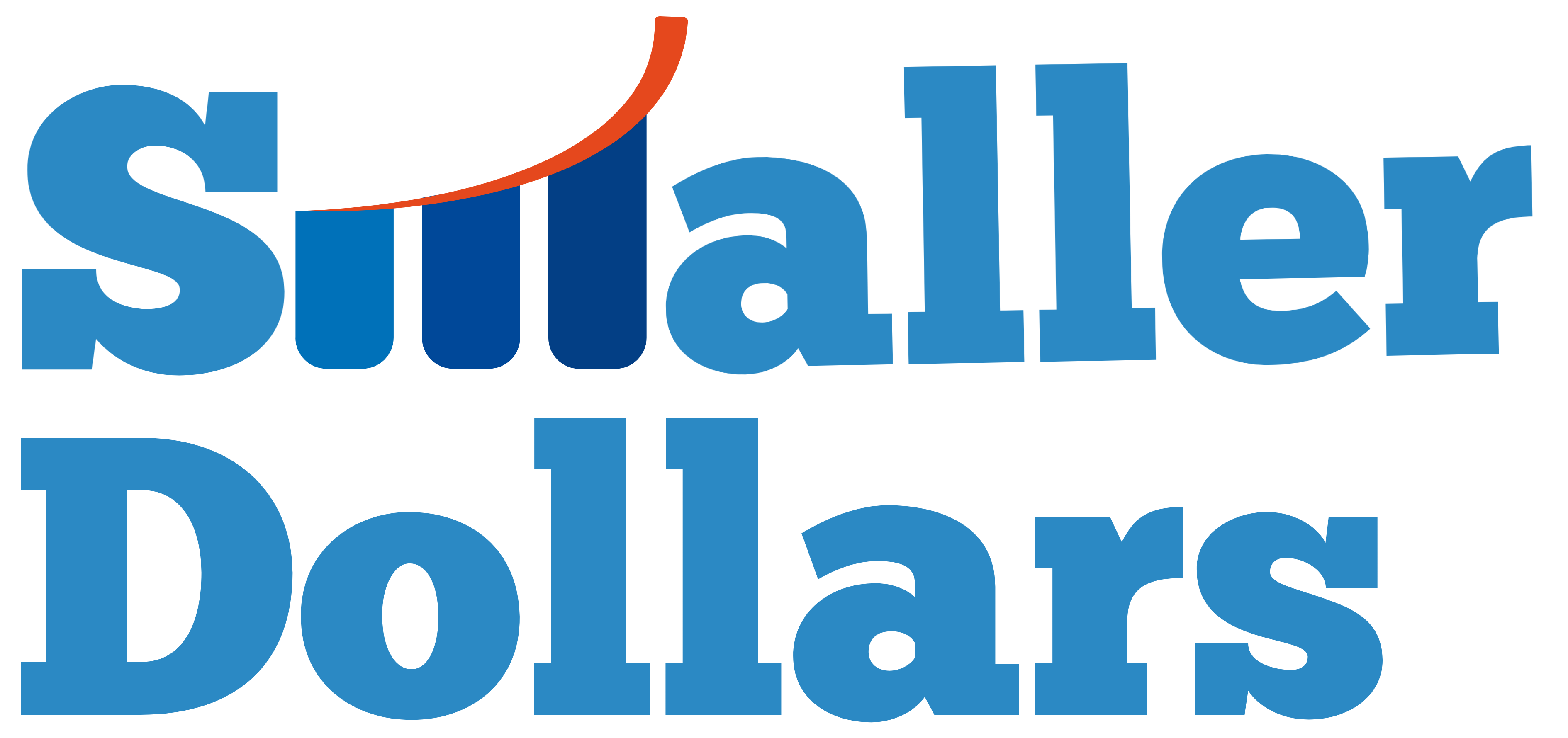What’s the Difference Between Debt Management and Debt Settlement

The average American debt in 2023 was $104,215 per person, according to Experian. If you are in debt, you may be considering a debt management strategy to help reduce your debt.
When determining your debt payoff strategy, you will likely come across two terms: debt management and debt settlement.
Today, we’ll outline the difference between debt management and debt settlement. We’ll cover each one, their differences, and why they are important. By the end of this article, you should have a much better understanding of which may be best for your financial situation.
What is Debt Management?
A debt management plan is when you combine multiple debts into one. Doing so guarantees that you only have to worry about one monthly payment. It often means that you will have a lower interest rate as well.
Repayment occurs over three to five years. It may vary by lender, but you often can’t open new lines of credit or use a credit card while under a debt management plan.
Debt management plans are typically designed for credit card debt. They do not allow you to roll in other types of debt, such as your:
- Mortgage
- Student loans
- Medical bills
- Tax debt
If you wish to sign up for a debt management plan, you’ll need to speak with a nonprofit credit counseling agency.
Though a debt management program (DMP) is useful if you have credit card debt, it is not necessarily the best option.
For instance, if you have a good credit score, you may want to look into personal loans or balance transfer credit cards instead. These debt relief options can be more accessible. Personal loans allow you to use the funds as you see fit. Balance transfer cards often come with a promo period that will enable you to pay off your balance without collecting additional interest.
What is Debt Settlement?
Debt settlement is a less proactive way of getting out of debt. To settle your debt, you withhold payments until your lender considers your account delinquent. At this point, you ask your lender to settle with you for a lesser amount.
For instance, let’s say that you owe $10,000 in debt. You refuse to pay it, even as you receive debt collection calls. You contact your lender and aim to settle for $3,000. The hope is that the lender will find the debt settlement program attractive enough to take it under the mindset that it’s better to receive some payment than none at all.
While debt settlement can absolve you from paying your total debt, it can wreak havoc on your financial future. Your credit report will display late payments, and your credit score will plummet. Your lender also has the right to sue you for your outstanding debt. When forcing your account into delinquency, you will also accumulate late fees, increasing your total amount owed. Lastly, there is no guarantee that your lender will settle.
There are debt settlement companies that you can use to help with this process, but it’s also possible to do this on your own.
Ultimately, you should only consider this strategy because you are already near delinquency. The damage to your credit score would already be done at this point. Getting out from underneath any debt would help by pressing the reset button and rebuilding your credit.
What are the Key Differences Between Debt Management and Debt Settlement?
When comparing debt management vs debt settlement, the difference comes down to the fact that one is proactive and one is reactive.
Contacting credit counseling services and working through a DMP can positively impact your credit history and lead to you becoming debt-free. You work with a certified credit counselor to devise a repayment plan for your existing debt.
During this time, credit card companies and debt collectors cannot contact you, allowing you the opportunity to pay off your debt. Your credit report should improve as you make minimum payments on time and reduce your overall debt.
Debt management plans can also help when budgeting. Because the plan spans over a predefined period of time, you know both the lump sum you need to pay off as well as the cost of monthly payments. Knowing that you must pay off a certain amount each month can help manage your finances.
A debt settlement program, on the other hand, is much more of a reactive debt solution. You should only use it when you have missed payments and are already receiving collection calls because your account is at or near delinquency.
However, if you are not already near delinquency, purposefully driving your account into delinquency is risky, as it will harm your credit score, doing damage that could take years to overcome.
You will also work with your lender to find a solution or compromise to your debt. Your lender is by no means obligated to accept your offer. The lender is owed back every cent that you borrowed and could take you to court for these funds. So, in some regards, debt settlement can be risky, as you are very much at the liberty of your lender.
For this reason, debt settlement is not helpful from a budgeting perspective. You won’t know exactly how much you owe until you negotiate with your lender, making it quite challenging to manage.
Choosing an Effective Strategy to Get Out of Debt
If you have credit card debt, you must know the difference between debt management and debt settlement. Debt management is a hands-on approach, as you work with a credit counselor to pay down your debt within a certain period of time. You consolidate your debt and don’t have to worry about making multiple payments.
Debt settlement is a last-resort option that you should only use if your account is already in delinquency. Otherwise, you will end up ruining your credit score, complicating your financial future. There is no guarantee that your lender will accept debt settlement offers either.
